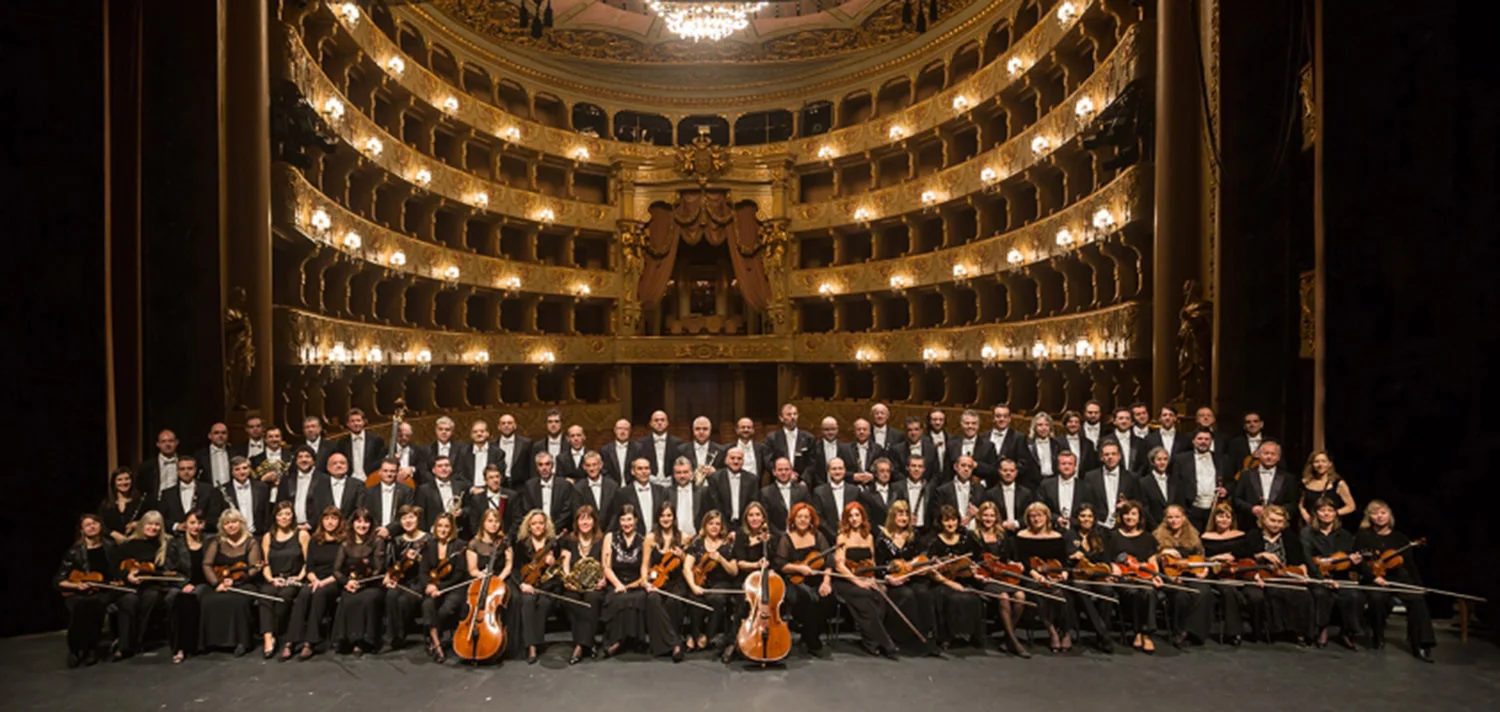Richard Wagner did not escape the huge impact that the rediscovery of medieval Germanic poetry produced in the German Romantics of the nineteenth century. Inspired by the love of Mathilde Wesendonck and the philosophy of Arthur Schopenhauer, completed the score of Tristan und Isolde in 1859, but its premiere in Munich waited until 1865 because until then, the Opera of Vienna Court considered it impossible to be represented . The Celtic legend that tells the tragic love of Tristan, the hero of the mists of Cornwall and the Irish princess Isolde - told and retold in numerous sources with endless variations - is the sound drama of Wagner the most transcendent embodiment of love symbolised, and whose melodic structure, taken to the limits of musical tradition with its innovative and daring harmonies, prefigures the most important stage of modern music.
Tristan Erin Caves
Isolde Elisabete Matos
König Marke Brindley Sherratt
Kurvenal Luis Rodrigues
Brangane Catherine Carby
Staging and scenography Charles Edwards
Light Design Giuseppe Di Iorio
Musical Direction Graeme Jenkins
CHOIR NATIONAL THEATRE OF SAN CARLOS
Maestro Giovanni Andreoli
SYMPHONIC ORCHESTRA PORTUGUESE
Conductor Joana Carneiro
https://www.ccb.pt/Default/pt/Programacao/Musica?A=801


